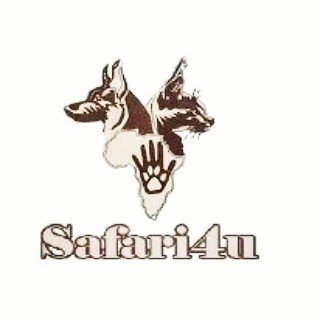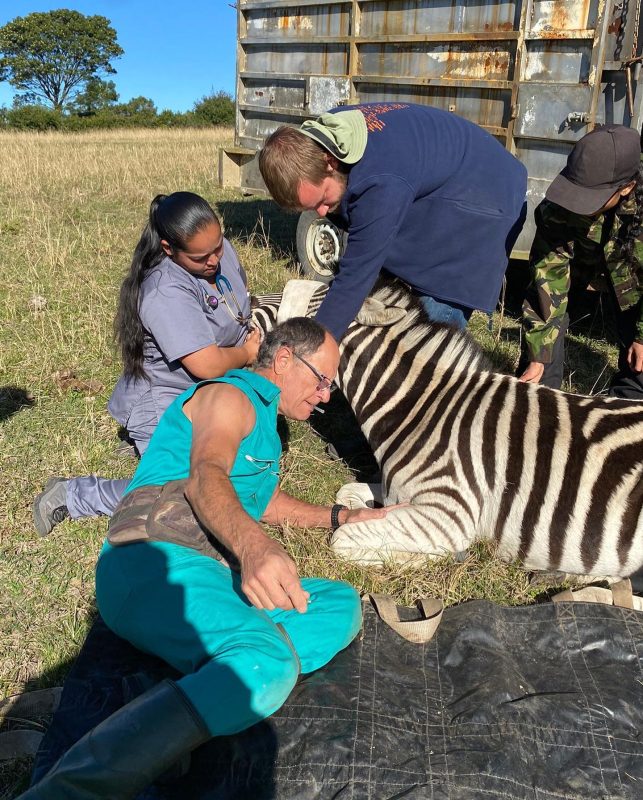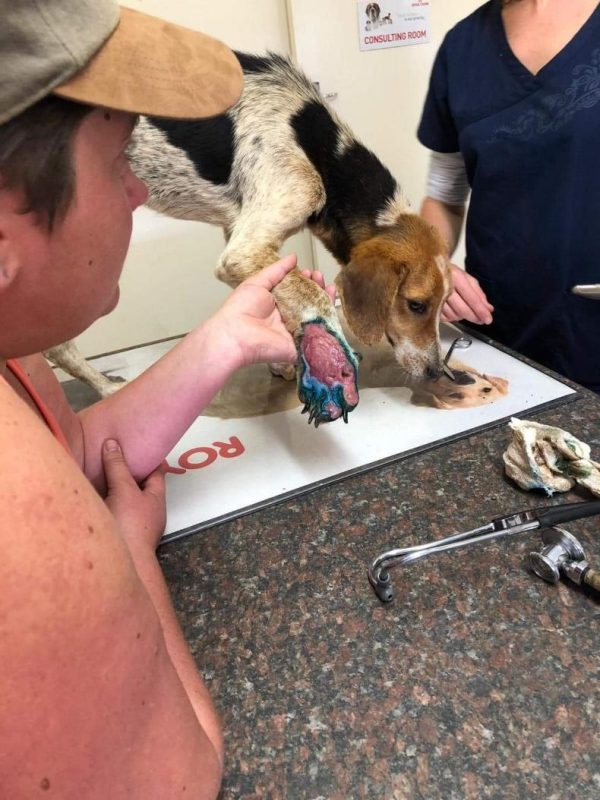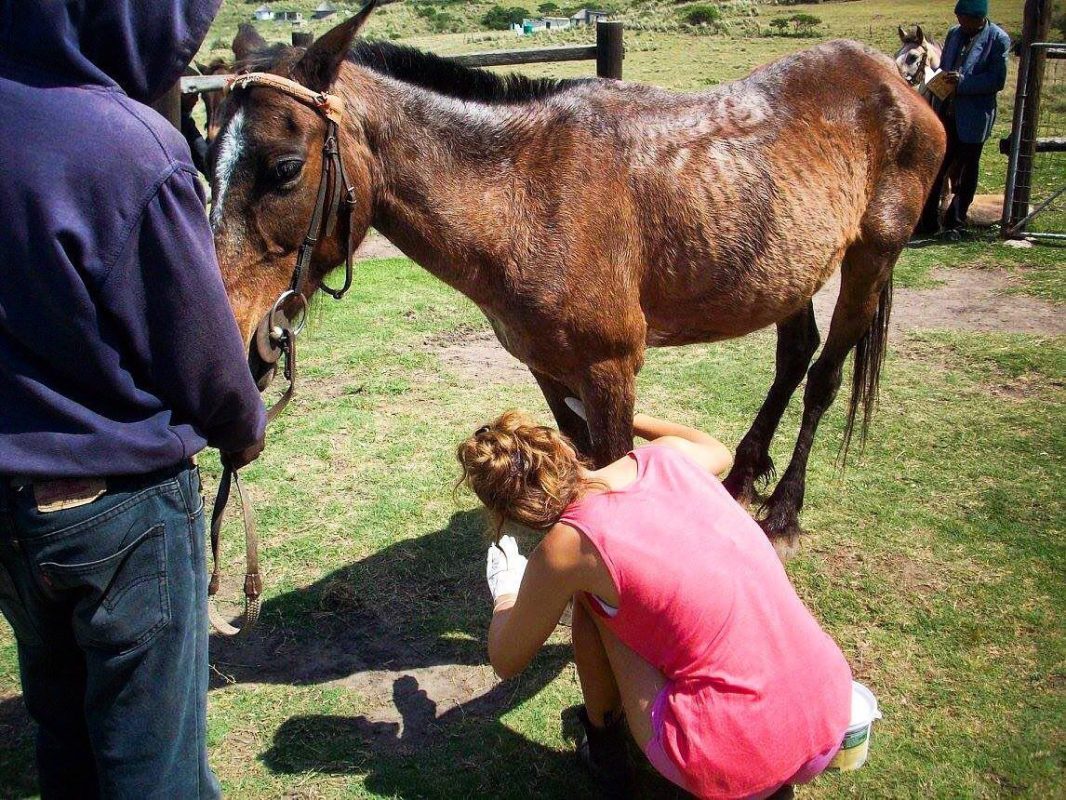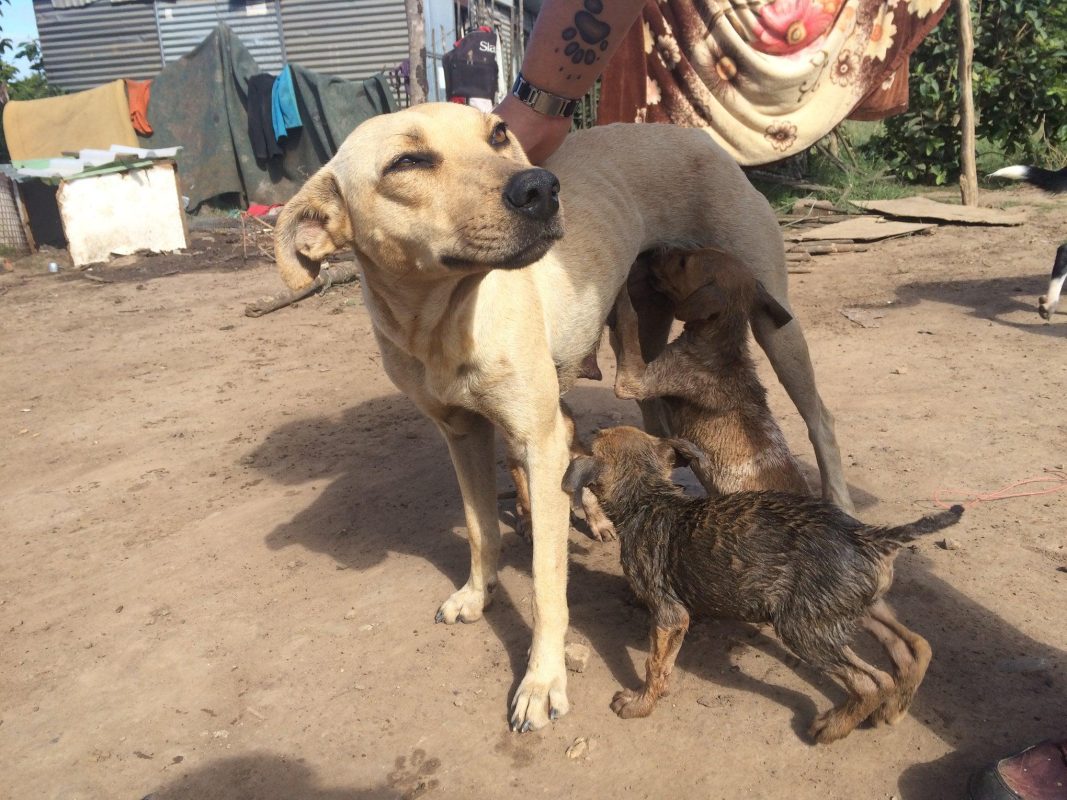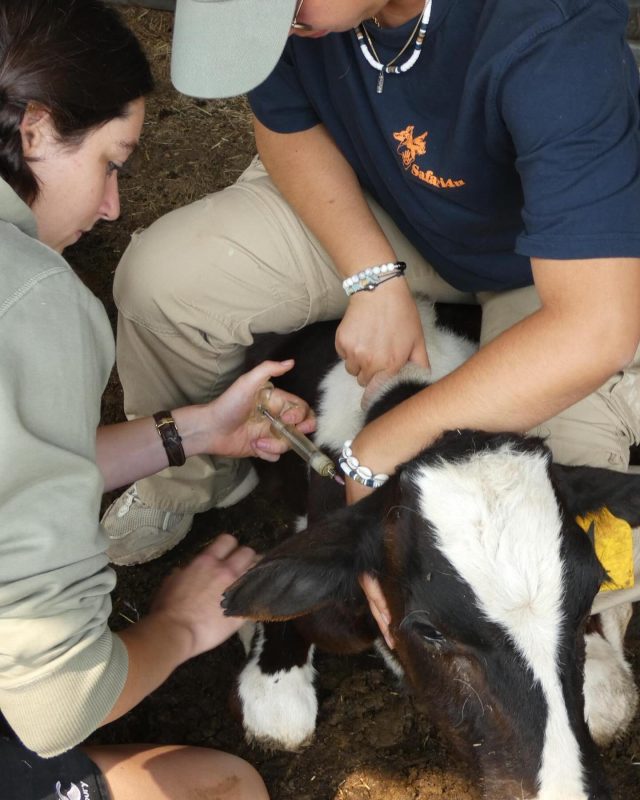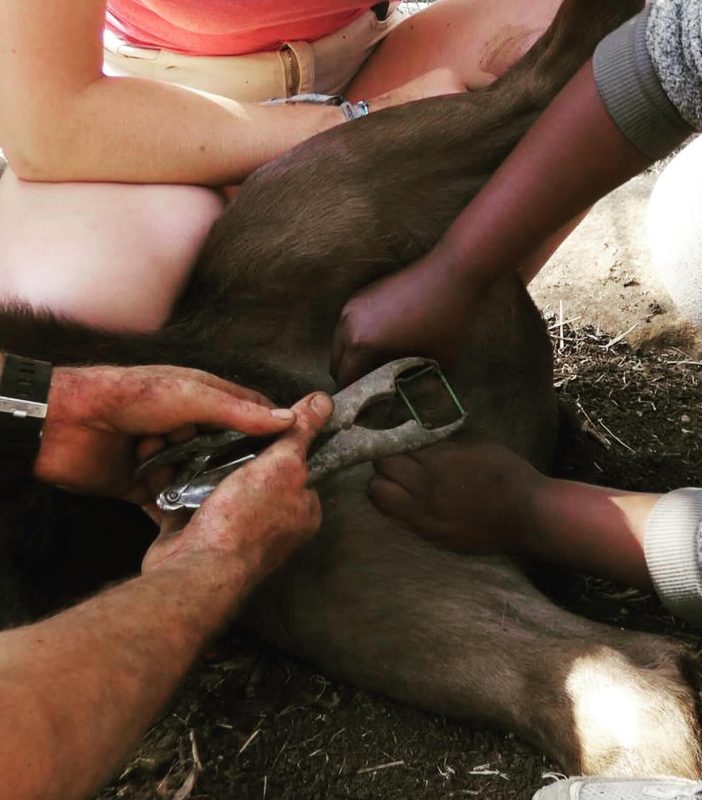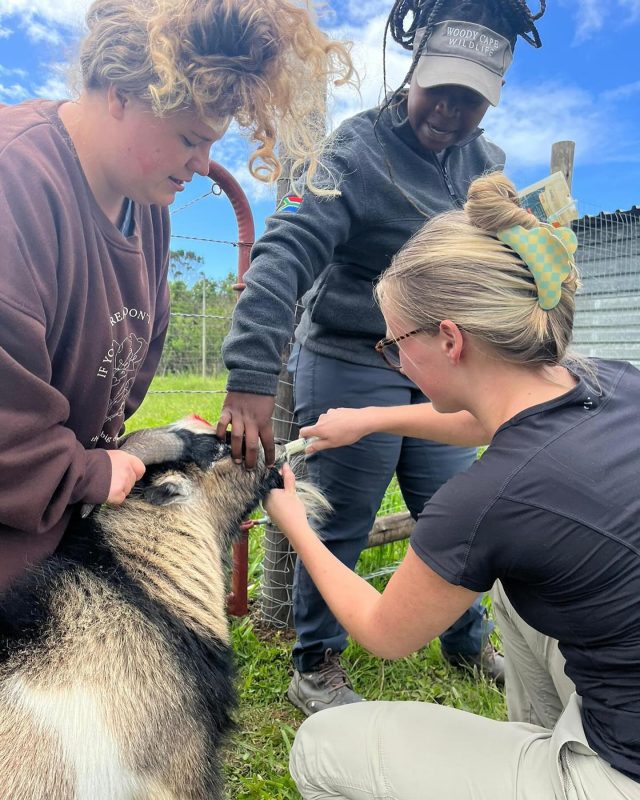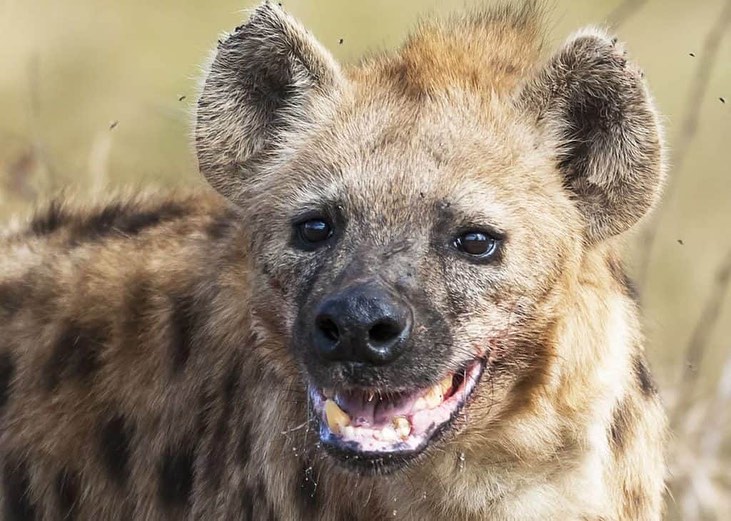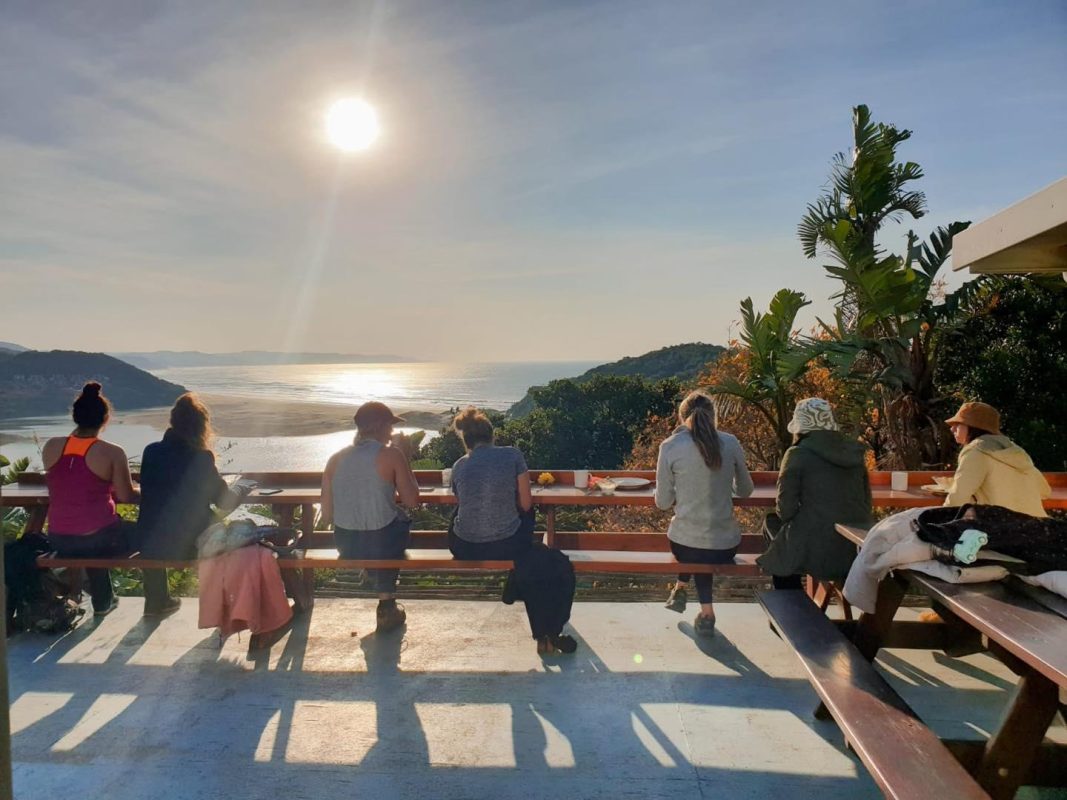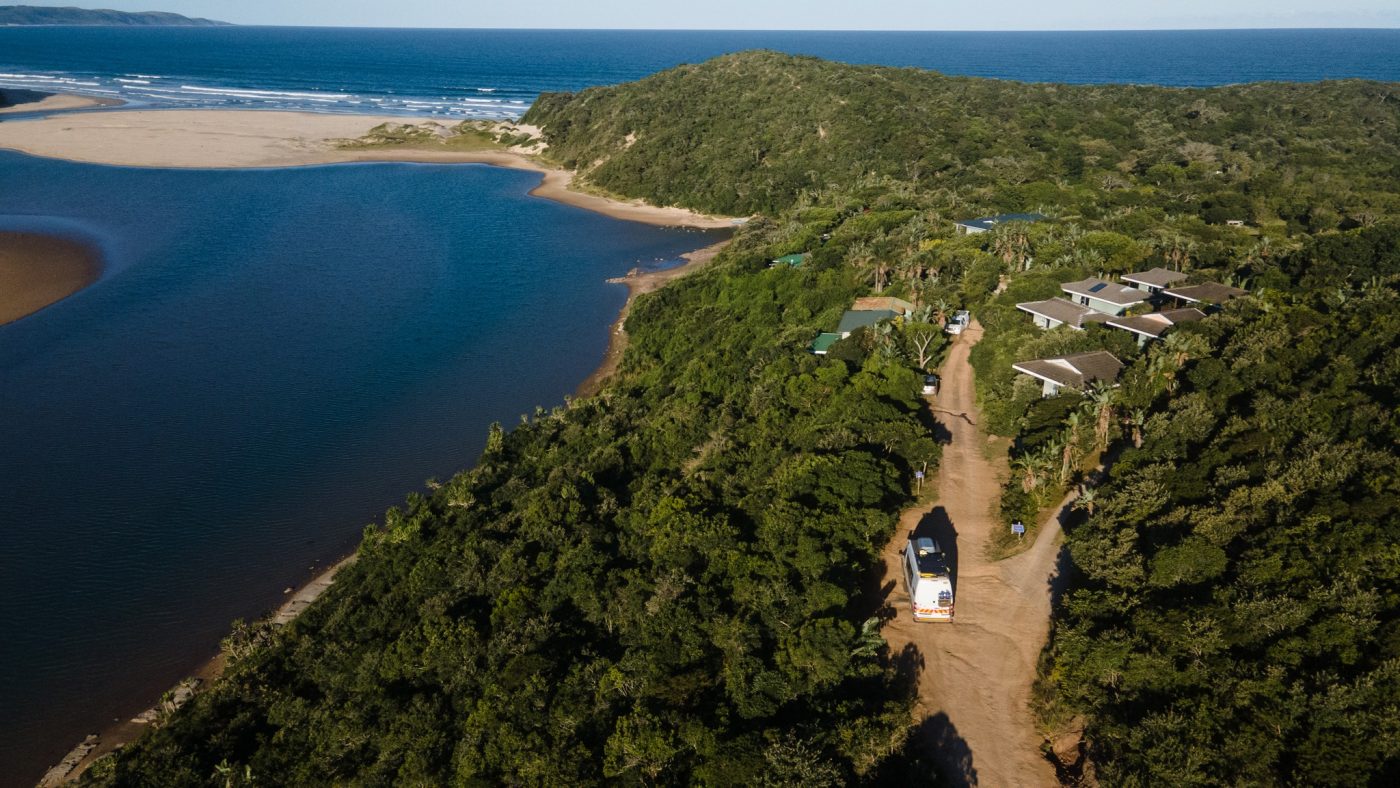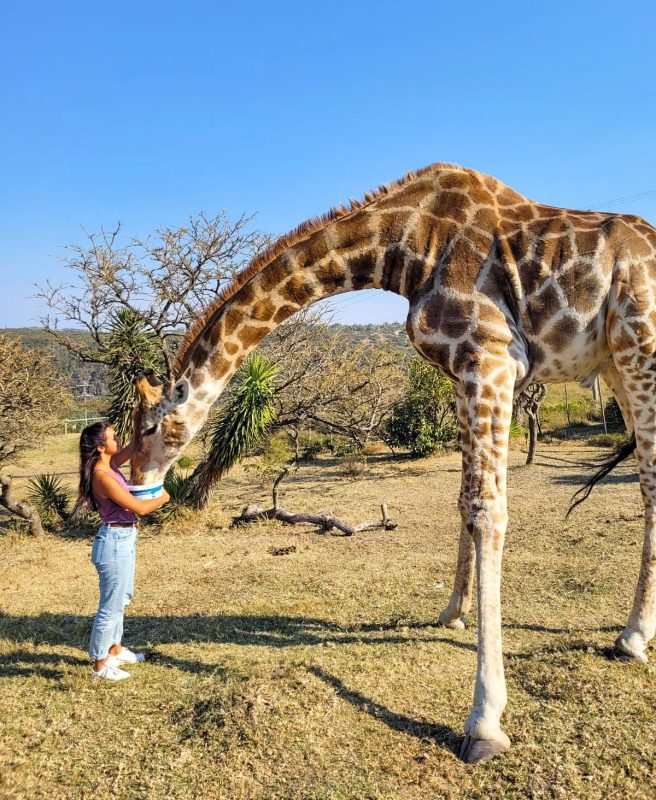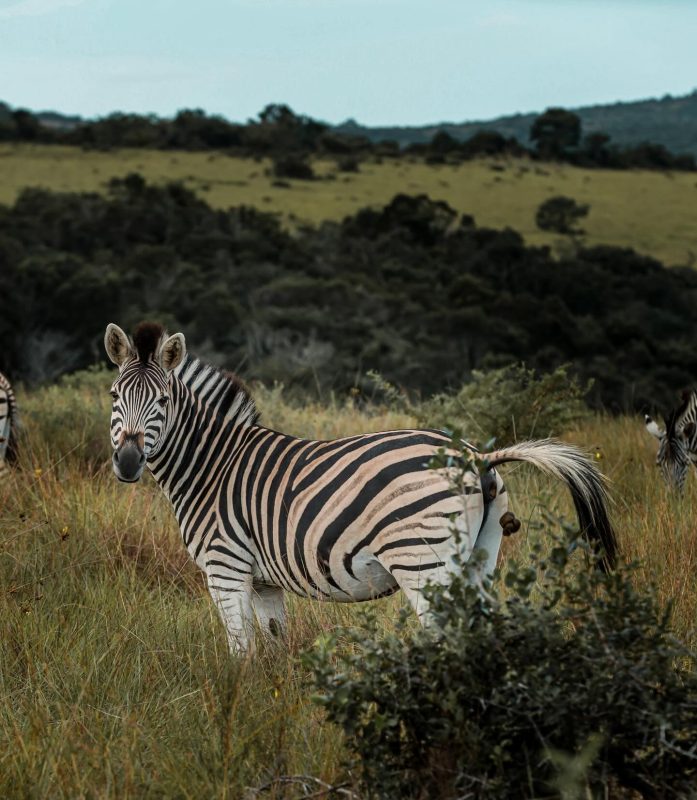Frequently Asked Questions
I don’t have a lot of animal experience – will I be behind the other participants?
No experience is required- the programme accepts people from all backgrounds; including vet students, pre-vet undergraduates, students on a gap year, high school students, or anyone who just loves animals! There is no age limit. This programme is designed to give participants a hands-on veterinary experience that they might not get in their home country, whether it be to build up a CV/resume, to decide if veterinary medicine is the right path, or just to experience the wildlife of Africa while helping animals in need!
What does my programme fee include?
The programme fee includes accommodation, all food, transfers to and from East London airport, all programme activities and lectures, and transportation while on the programme.
How do I get to the programme?
A staff member will be waiting for you when you arrive at East London Airport. They will provide a transfer to your accommodation in Chintsa.
When does the programme run?
The programme runs from March – November each year.
I want to make the most of my programme, what length of time is best?
You can stay from a minimum time of two weeks. As a general rule, the longer you can stay the more you will get out of the programme; all of our work is dependent on what is available at the time so the longer you stay the more varied your experience will be. For periods longer than 3 months please check visa requirements for volunteers and plan early.
What is the accommodation like while on the programme?
You will be staying at Buccaneers Backpackers in Chintsa; a small, friendly village on the beach. The accommodation is both safe and comfortable. This accommodation includes kitchenette and bathroom facilities. Although you will be based in Chintsa, our work involves travelling to a different location each day, so you will see a lot of the Eastern Cape!
How many people sleep in a room?
This depends on how busy the program is, but expect 2 – 8 people in one room.
Will there be a possibility to go shopping (for snacks, toiletries, etc.) while on the program?
All meals are included in the programme fee but if you do need any extra goodies there are shops nearby. There is a small shop that sells basic snacks and toiletries within Chintsa. Larger shop visits usually occur when it is convenient based on where you are travelling to each day – the more notice you give the staff the better so they can plan ahead for you.
What animals might I see or work with on the project?
This varies from week to week. Expect to work with dogs once a week. Farm work may include cattle, pigs and sheep. Our game captures mainly consist of antelope species but we have also worked with zebra, giraffe, buffalo, rhino and lions over the last few years. The game capture aspect of the programme very much depends on what species of animals need moving at the time.
When do we work, and how long for?
Like most work with animals this largely depends on the activity available that day. We generally work Monday – Friday, although this can change. Hours vary a lot so be prepared for anything and always take plenty of water and snacks with you!
Will there be internet?
Wi-fi will be available at your accommodation, however ‘This Is Africa’ and we cannot always guarantee the wi-fi working smoothly!
Can I do laundry while on the project?
Yes, there is a laundry service at your accommodation, for a small fee.
What will I be doing?
This programme offers hands-on experience with small animals, farm animals, and wildlife. The goal of the programme is to provide veterinary care to animals that would otherwise have none, as well as to provide students with hands-on field experience.
- The wildlife element is mainly game capture- the tranquilization and transportation of wild game, usually for relocation. Occasionally, we will dart an animal to check or treat an injury. Participants help to monitor animals, inject medication, and physically transport the animal.
- Work with farm animals is focused on showing participants exactly what it means to be a vet. Farm work may include basic handling and husbandry, artificial insemination of pigs and cows, injecting, dipping and dosing large animals, pregnancy testing, sponging sheep and lambing.
- The community work section of the programme aims to create a healthier and more comfortable population of animals in the local communities by providing basic care, with focus on preventative measures against fleas, ticks and mange, as these are big problems. We also do our best to treat wounds and other minor injuries.
